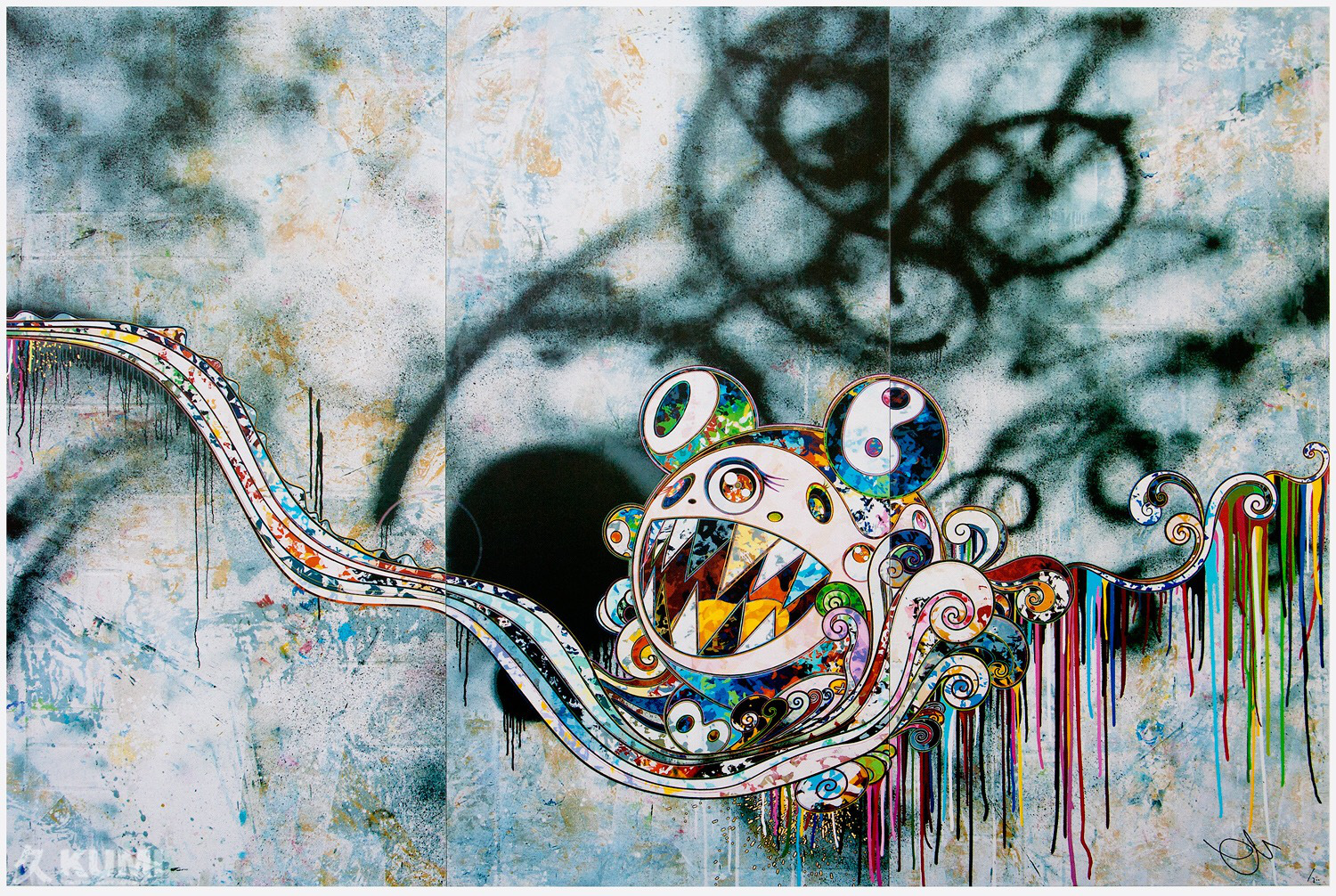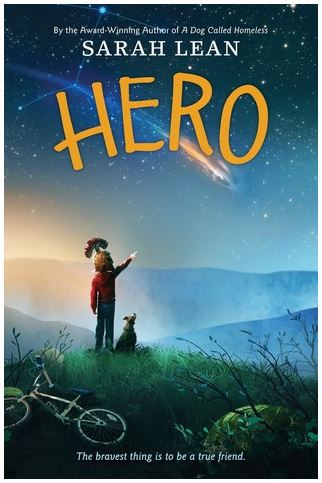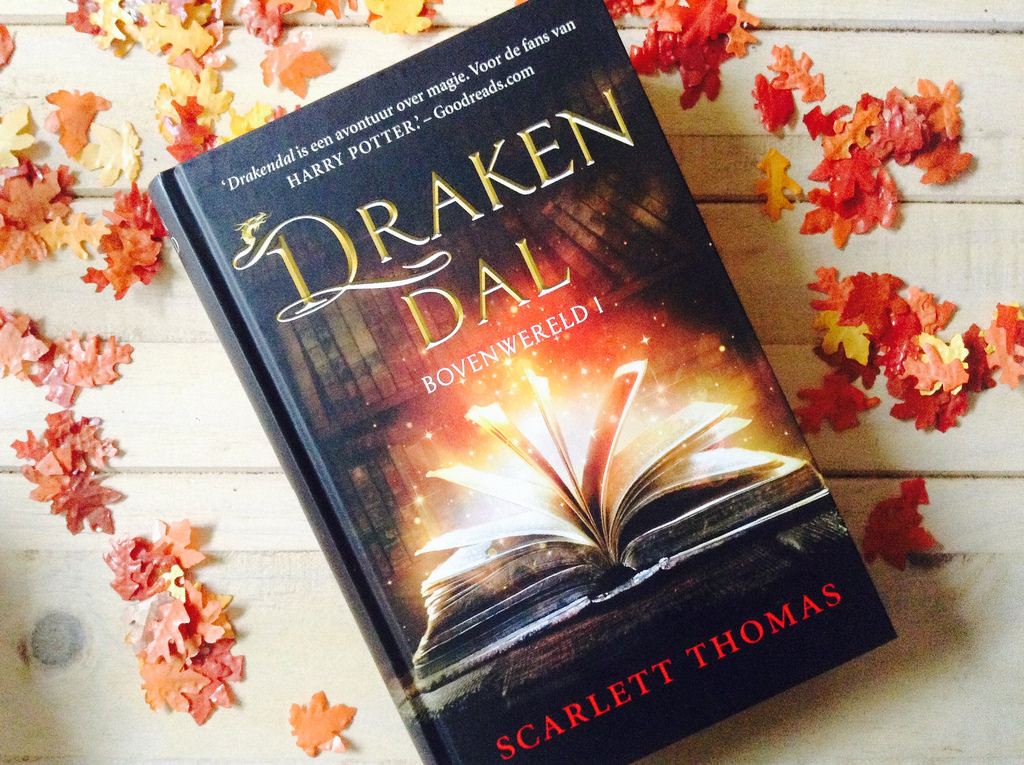In general, discussions of ethics in journalism make me reach for my revolver, this is not because I don’t believe in maximum honesty, but because such debates are for me almost intolerable. Lately, however, the unavoidable issue is when and whether it’s okay for journalists to rely on information provided by people whom they don’t identify by name in their stories. It is also true that whenever possible journalists want their sources to speak “on the record”. That means their full names and job titles (when relevant) can be used in the news story. But sometimes sources have important reasons which are beyond simple shyness for not wanting to speak on the record. Meaning sources would or will agree to be interviewed, but only if they aren’t named in the story. This can be called anonymous source or confidential source, the information they provide is typically known as “off record information.”
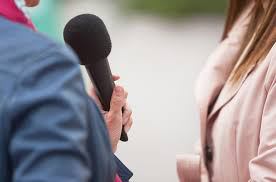
Picture From Google
According to (Rogers, 2017), when reporters do investigative reports about corruption or even criminal activity, the stakes can be much higher. Sources may risk being disliked in their community or even fired from their job if they say something controversial or accusatory. These types of stories often require the use of anonymous sources in order to protect the source.
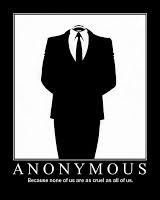
Picture By Google
Concerns over High use of unnamed sources
According to (Liesl, 2010), media study concerned by the high use of anonymous sources states that nearly 20% of 30 000 news articles published in Southern Africa over 14 days in 2009 was based on anonymous sources. Malawi had the highest number of stories based on anonymous sources (51%), followed by Madagascar (33%) and Mauritius (31%) and South Africa had (12%) of its stories based on anonymous sources. The study analyzed 33 431 news articles published in 83 newspapers and broadcast on radio and television prime time news bulletins and news analysis programmes. This according to the Gender and Media Progress Study conducted by Gender Links was relatively high and raised concerns about the quality of journalism generally.
This brings us to look at the reasons why journalists use anonymous sources? And if it is necessary for them to use anonymous sources? According to the Code of Ethics and Conduct for South African print and online media: The media shall protect confidential sources of information and avoid the use of anonymous sources unless there is no other way to deal with a story. It also states that the media should publish information that constitutes a breach of confidence unless the public interest dictates otherwise.
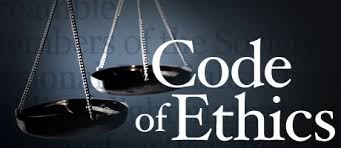
Picture By Google
Looking at how the press is everyday dominated by the unattributed lies, this brings me to the argument that journalists use anonymous sources because it makes it easier and possible for them to do their jobs and because anonymity makes it easier for sources to blab. This calls for the law to draw a line and evaluating how journalists make sure that the information they obtained from their sources is credible. This does not benefit only the journalist work in being more credible but it would also benefit the public and build trust.
Ombudsman Ruling on anonymous source
According to (Mkhonza, 2009), The Times was found to be in violation of the press code in as many weeks for running a story without a named source. The Press Ombudsman released a ruling relating to the story The Times had run on a mealtime conversation overhead between former presidency directors General Frank Chikane and former public enterprises minister Alec Erwin during the ANC elective conference in Polokwane in 2007. According to the unnamed source former president, Thabo Mbeki was reportedly asked to take himself out of the running for the ANC presidency, in the face of open hostility by supporters of Jacob Zuma, who was eventually elected. This was reported as unattributed lies since Chikane complained and denied having such meeting with Erwin. According to a statement from Ombudsman Joe Thloe, this was another example of the reckless use of anonymous sources.
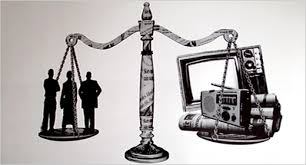
Picture by Google
But also in terms of using a confidential source, I argue that there should be ways that need to be followed, for instance, using a confidential source should not be a decision made by a journalist on his own. It must be agreed with in conjunction with the editor and the editor must be the one to grant anonymity not the journalist. According to SANEF (2014), SANEF (South African National Editors Forum) states that the journalist must make sure that the information anonymous sources give, have direct knowledge evidence and checked independently. SANEF also states that the information should be used only as a last resort and it must be indicated in the content of the story, the reason why the source wishes to remain anonymous.
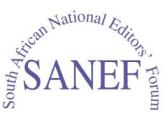 Pictures By Google
Pictures By Google  Picture By Google
Picture By Google  Picture by Google
Picture by Google  Picture by google
Picture by google
When reporting or using information from anonymous sources journalists should also look at the fact that, at times there are situations that forces them to do the greater good for the greatest number when it comes to reporting or delivering a message to the audience. This can be referred as Totalitarianism where moral judgments should consider what options will yield a desirable end for the greatest number of human beings. For example when a journalist is reporting on some corruption taking place in government and to balance the story he needs someone from inside who knows and have facts of what is happening in order to expose corruption. A journalist in that situation can use the information from a confidential source since that will yield a desirable end for the greatest number of human beings (citizens) who deserve to know.
References
Liesl, P., 2010. News24. [Online]
Available at: http://www.news24.com/Archives/City-Press/Media-study-concerned-by-high-use-of-anonymous-sources-20150430
[Accessed 12 October 2017].
Mkhonza, T., 2009. IOL. [Online]
Available at: https://www.iol.co.za/news/south-africa/ombudsman-rules-on-anonymous-sources-454419
[Accessed 11 October 2017].
Rogers, T., 2017. ThoughtCo.. [Online]
Available at: https://www.thoughtco.com/working-with-anonymous-sources-2073857
[Accessed 11 October 2017].
Retief, J., 2002, Media Ethics: an introduction to responsible journalism.
Claasen, G., 2007, Why Ethics Matter in Changing the Fourth Estate, HRC press.
Nel, F., 2005, Writing for the media in Southern Africa, Oxford University Press.
Advertisements Share this:


